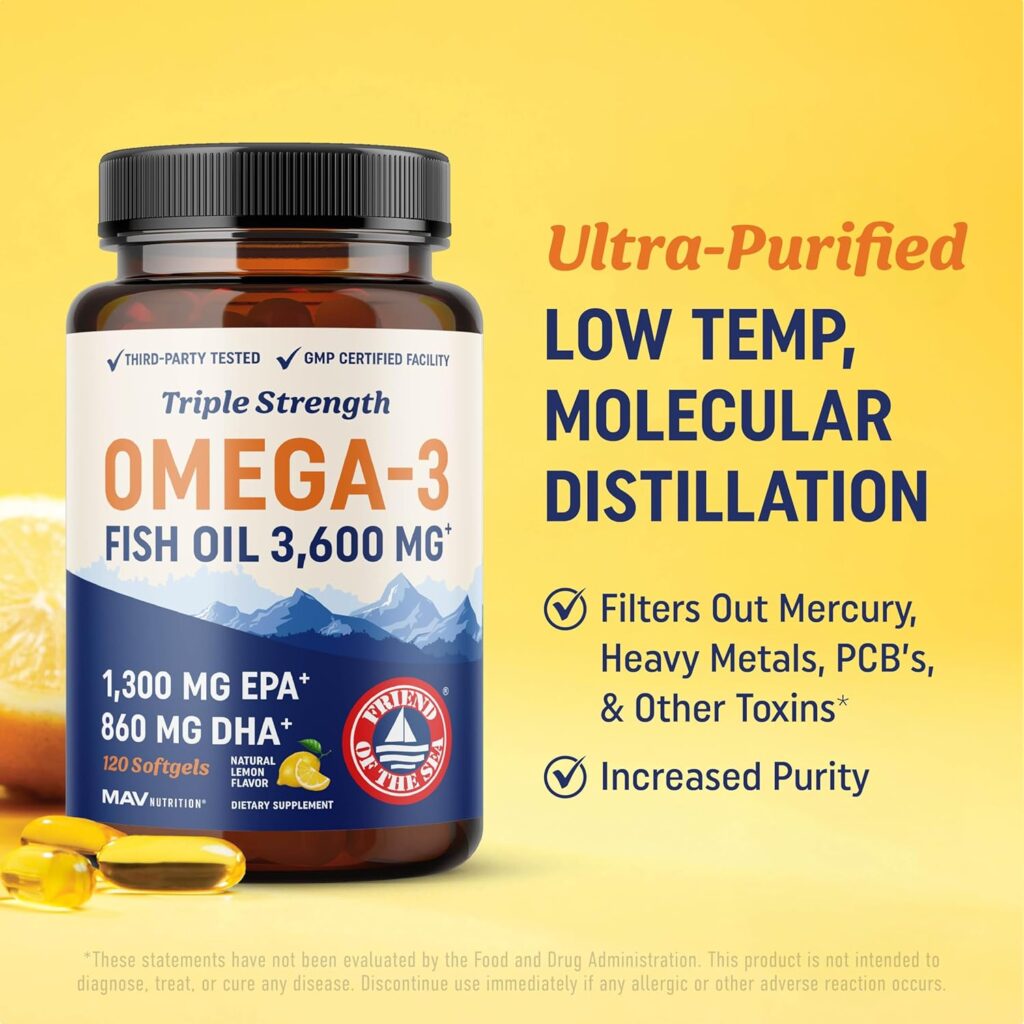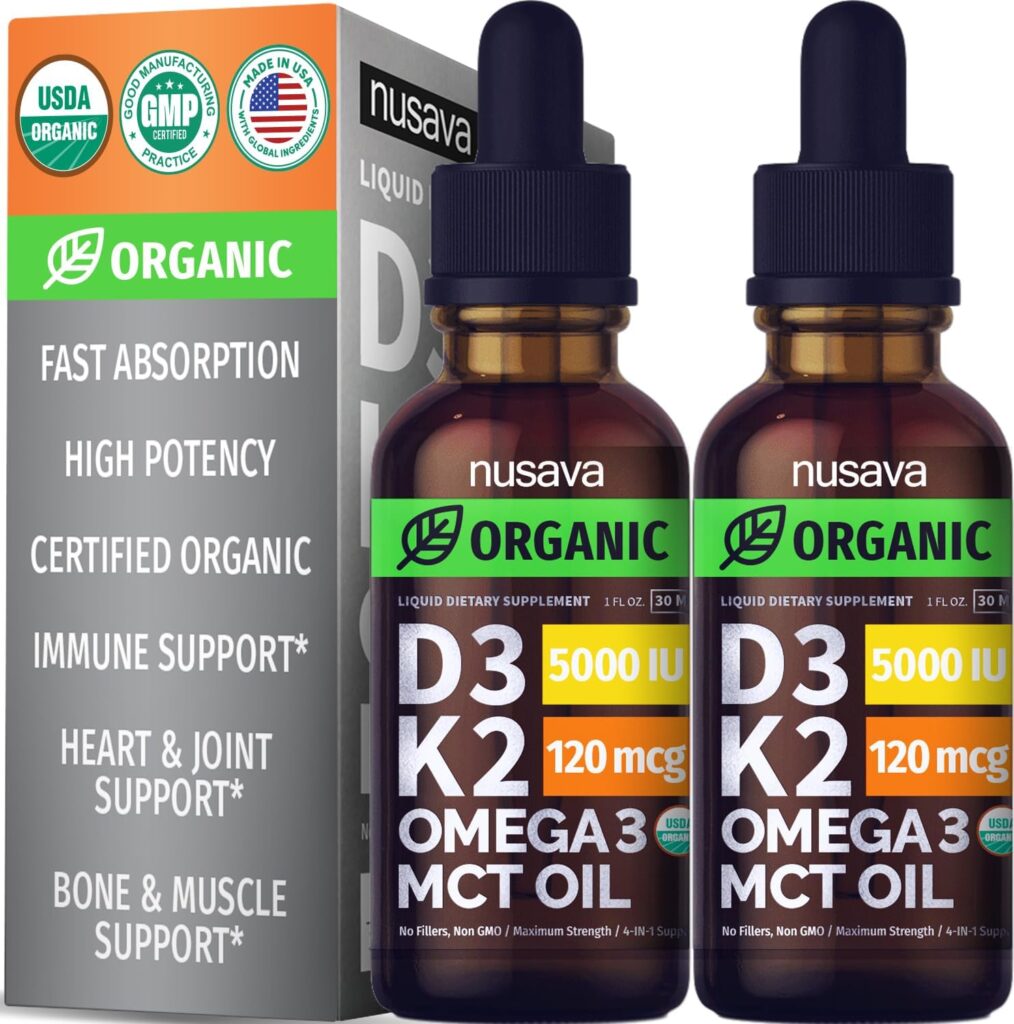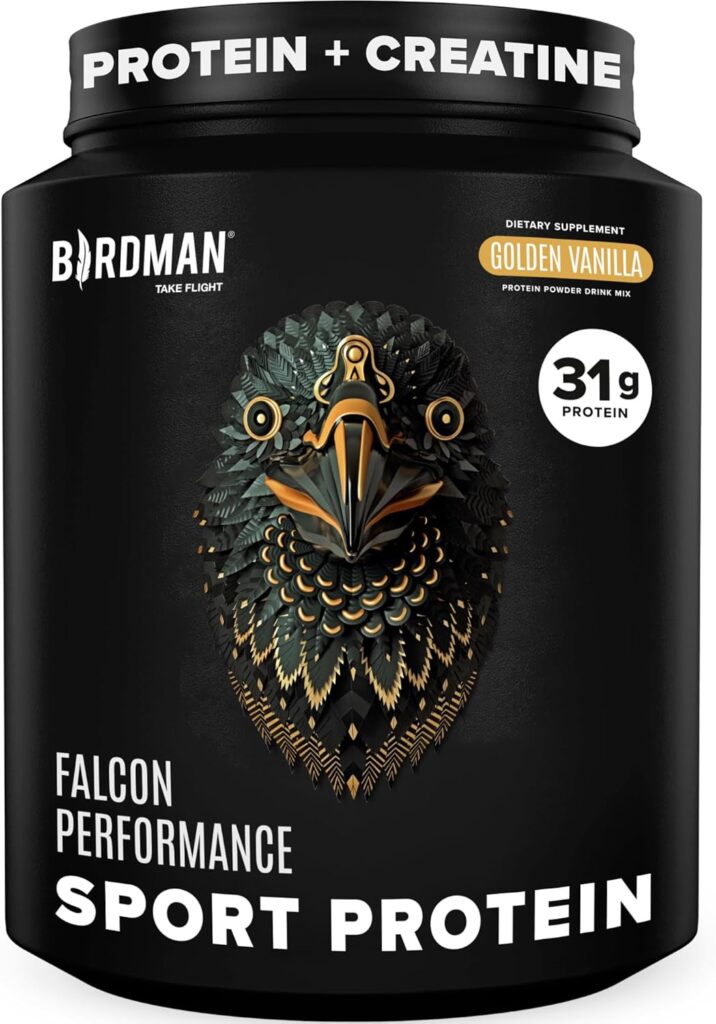Your Secret Weapon for Gains and Longevity
We’ve all been there: you crushed your workout, went heavier on the deadlifts, or added an extra mile to your run, and now your body is reminding you about it in not-so-subtle ways. Sore muscles, tight joints, and feeling like you need a forklift to get off the couch—sound familiar? If you’re a busy guy juggling a career, relationships, and a solid gym routine, you don’t have time for slow recovery.
That’s where supplements to speed up recovery comes in. No, they’re not magic pills that replace hard work and good nutrition, but they can be game-changers for speeding up recovery, reducing soreness, and helping you show up stronger tomorrow. Let’s break down the best options and how they can fit into your routine without turning your kitchen into a science lab.
As an Amazon Associate, I may earn a commission from qualifying purchases at no additional cost to you.
Why Recovery Matters More Than You Think
Recovery isn’t just about feeling less sore. It’s about improving performance, preventing injuries, and making sure you’re progressing toward your goals. The faster and more effectively you recover, the more consistently you can train. That consistency? That’s where the magic happens.
Think of recovery as your body’s repair shop. Every time you train, you’re creating tiny tears in your muscles and depleting your energy stores. Proper recovery rebuilds those muscles stronger and refuels your tank so you can hit the next session hard. Skimp on it, and you’re leaving gains on the table—and possibly risking burnout or injury.
The Power Players Of Supplements For Recovery
1. The OG of Recovery Protein Powder
Let’s start with the basics. Protein is the building block of muscle recovery. After a tough workout, your muscles are screaming for amino acids to repair and rebuild. Enter protein powder, your go-to for quick, convenient post-workout nutrition.
What to Look For:
- Whey protein isolate for fast absorption.
- Casein protein for slower digestion if you’re sipping before bed.
- Plant-based options like pea or rice protein if dairy isn’t your friend.
Pro Tip: Aim for 20-40 grams within 30 minutes of your workout. Mix it with water or almond milk, or toss it in a smoothie with some fruit and peanut butter for extra flavor and nutrients.
2. Creatine Isn’t Just for Gains
Creatine’s reputation as a muscle-building supplement is well-earned, but it’s also a recovery superstar. It helps replenish ATP (your body’s energy currency) faster, reducing fatigue and speeding up muscle repair.
What to Look For:
- Creatine monohydrate. It’s affordable, effective, and backed by science.
Pro Tip: Take 3-5 grams daily, whether you’re training or not. Consistency is key here, so don’t skip it on rest days.
3. BCAAs or EAAs Your Muscle’s Best Friend
Branched-chain amino acids (BCAAs) and essential amino acids (EAAs) are like the emergency repair team for your muscles. They’re especially useful if you’re training fasted or have long gaps between meals.
What to Look For:
- A formula with leucine, isoleucine, and valine (the holy trinity of BCAAs).
- EAAs for a more comprehensive amino acid profile.
Pro Tip: Sip during your workout or immediately after for best results. Bonus: They often come in tasty flavors that make hydration more enjoyable.
4. Lets Lubricate Those Joints with Omega-3 Fatty Acids
Hard training can leave your joints feeling like a rusty hinge. Omega-3s from fish oil or algae oil are anti-inflammatory powerhouses that support joint health and muscle recovery.
What to Look For:
- A high EPA and DHA content (the active compounds in omega-3s).
- Third-party tested for purity and potency.

Pro Tip: Take 1-3 grams daily with a meal. If you hate fish burps, try an enteric-coated capsule.
5. The Unsung Hero Magnesium
Magnesium plays a role in over 300 enzymatic processes in your body, including muscle relaxation and recovery. If you’ve ever had a post-workout muscle cramp, magnesium might be what you’re missing.
What to Look For:
- Forms like magnesium glycinate or citrate for better absorption.
Pro Tip: Take it at night to promote relaxation and improve sleep—both critical for recovery.
6. Vitamin D Is Like Sunshine in a Capsule
Vitamin D supports muscle function, immune health, and bone strength. If you’re training hard and living that indoor-office-life, there’s a good chance you’re deficient.

What to Look For:
- Vitamin D3 (it’s more effective than D2).
Pro Tip: Pair it with a meal containing healthy fats for better absorption.
7. Turmeric/Curcumin Nature’s Anti-Inflammatory
This bright yellow spice doesn’t just make your curry taste amazing—it’s a potent anti-inflammatory that can help reduce post-workout soreness.
What to Look For:
- A supplement with black pepper extract (piperine) for better absorption.
Pro Tip: Take it with meals, and be consistent. Results build over time.
Real-Life Recovery Stacks
Want to take the guesswork out of it? Here are a few sample supplement stacks tailored to different needs:
1. The Busy Professional:
- Morning: Vitamin D + Omega-3s
- Post-Workout: Whey protein + Creatine + BCAAs
- Night: Magnesium
2. The Hardcore Lifter:
- Pre-Workout: BCAAs
- Post-Workout: Whey protein + Creatine + Turmeric
- Evening: Casein protein + Magnesium
3. The Weekend Warrior:
- Morning: Vitamin D + Omega-3s
- Post-Workout: Plant-based protein + EAAs
- Night: Turmeric + Magnesium
FAQ’s
1. Do I need all these supplements? Nope. Start with the basics—protein, creatine, and omega-3s. As you dial in your nutrition and recovery routine, you can experiment with adding others based on your goals and how your body feels.
2. Can I get these nutrients from food instead? Absolutely. Supplements are exactly that: supplemental. Prioritize whole foods, but use supplements for convenience and to fill in any gaps.
3. Are there any side effects I should watch out for? Most of these supplements are safe when taken as directed. However, always check with your doctor, especially if you have pre-existing conditions or take medication.
4. How long before I see results? Some supplements, like protein and BCAAs, can have immediate effects on recovery. Others, like omega-3s and turmeric, may take a few weeks to show noticeable benefits.
5. Can I mix multiple supplements together? Yes, most supplements can be taken together without issues. For example, mixing protein powder with creatine is a common and effective combo. Just avoid exceeding recommended dosages.
6. What’s the best time to take these supplements? Timing depends on the supplement. Protein and BCAAs are best around your workout, creatine is effective any time, and omega-3s or vitamin D pair well with meals.
7. Are these supplements safe for long-term use? For most people, yes. Supplements like protein, creatine, and omega-3s are generally safe when used consistently and correctly. Periodic breaks or cycling may help for some, like curcumin, but check with a healthcare provider for personalized advice.
8. How do I know if a supplement is high-quality? Look for third-party testing and certifications from organizations like NSF, USP, or Informed-Sport. Avoid supplements with fillers, artificial colors, or proprietary blends without clear ingredient breakdowns.
In A Nutshell
Recovery is where the magic happens. It’s not just about what you do in the gym but how well you take care of your body afterward. By adding the right supplements to your routine, you can speed up recovery, reduce soreness, and keep crushing your goals—all without spending your entire paycheck or turning into a supplement junkie.
So, pick a few to start with, stay consistent, and pay attention to how your body responds. Your future, less-sore self will thank you.
